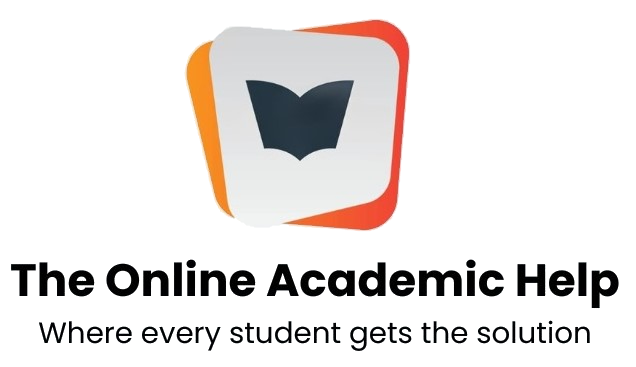EPRO403 – Assessment 2: Report
TITLE: Participation, equity, and social justice of Aboriginal and Torres Strait Islander Peoples in early childhood educational contexts
WEIGHTING: 40%
LEARNING OUTCOMES:
- Examine the significance of diversity, culture, practice, and beliefs of Aboriginal and Torres Strait Islander Peoples on the provision of early childhood education.
- Apply the principles and practices of anti-bias and reconciliation into curriculum provision for embedding Aboriginal and Torres Strait Islander perspectives in early childhood contexts.
- Formulate a personal teaching identity that acknowledges and embeds respectful understandings of Aboriginal and Torres Strait Islander perspectives into everyday practice in an early childhood educational setting.
LENGTH: 2500 words
DUE: Oct 19
For the assessment task you will need to compose a report on Government and interagency initiatives, and future directions for participation, equity, and social justice of Aboriginal and Torres Strait Islander Peoples in early childhood educational contexts.
Ensure your report:
Outlines the following Government documents and analyses each of these in relation to the provision of early childhood education:
Apology to Australia’s Indigenous Peoples
The Uluru Statement
Partnership Agreement on Closing the Gap 2019-2029
National Aboriginal and Torres Strait Islander Education Policy
Explains the following initiatives and analyses each of these in relation to the provision of early childhood education:
Reconciliation
Reconciliation Action Plans
NAIDOC week
National Sorry Day
Identifies five (5) Aboriginal and Torres Strait Islander organisations or initiatives with a focus on promoting reconciliation in early childhood contexts. For each of the five (5) organisations or initiatives provide an explanation of the services provided to the families, children, and wider community.
Critically examines your personal commitment to the future directions for participation, equity, and social justice of Aboriginal and Torres Strait Islander Peoples in early childhood educational contexts



